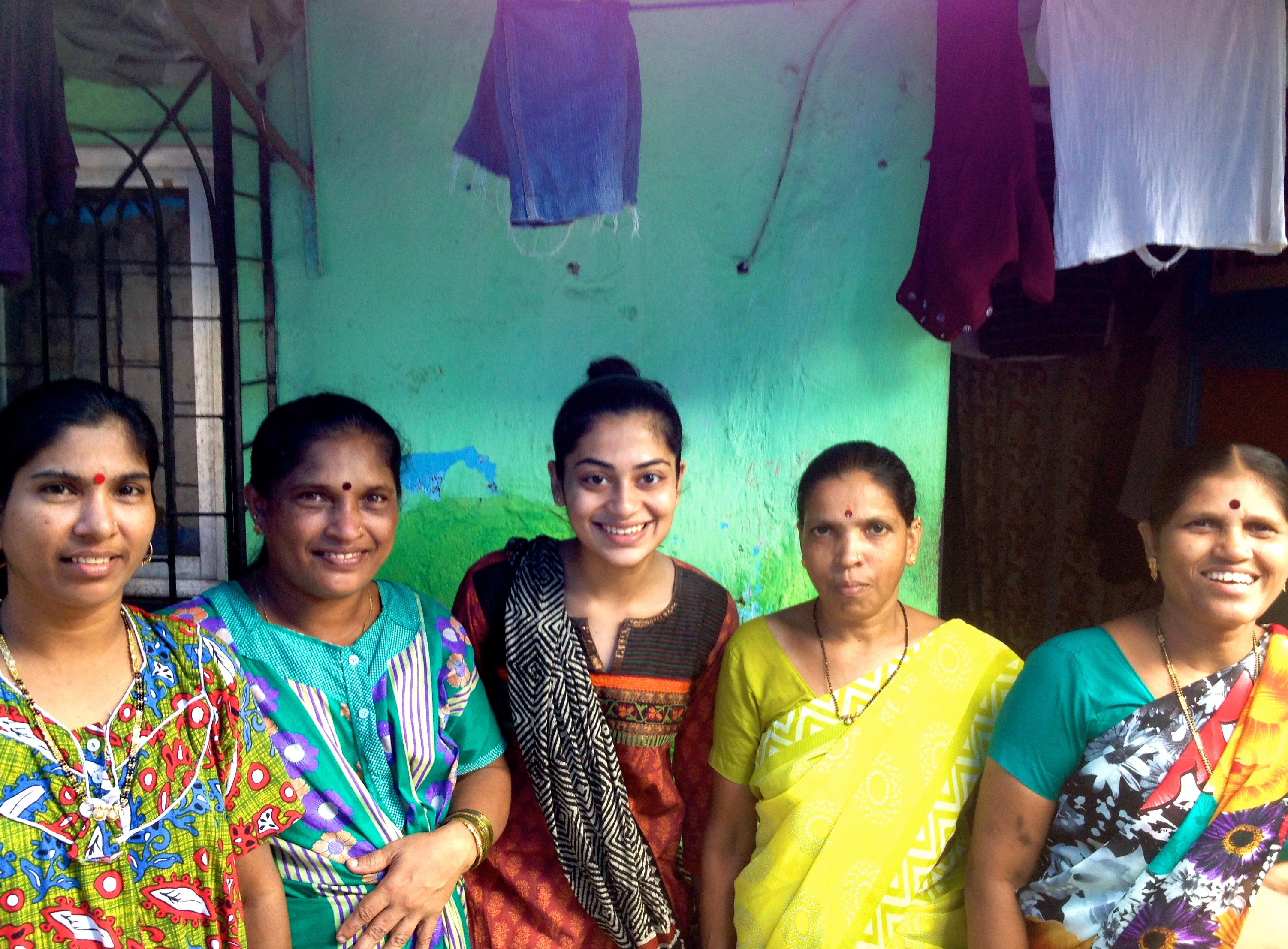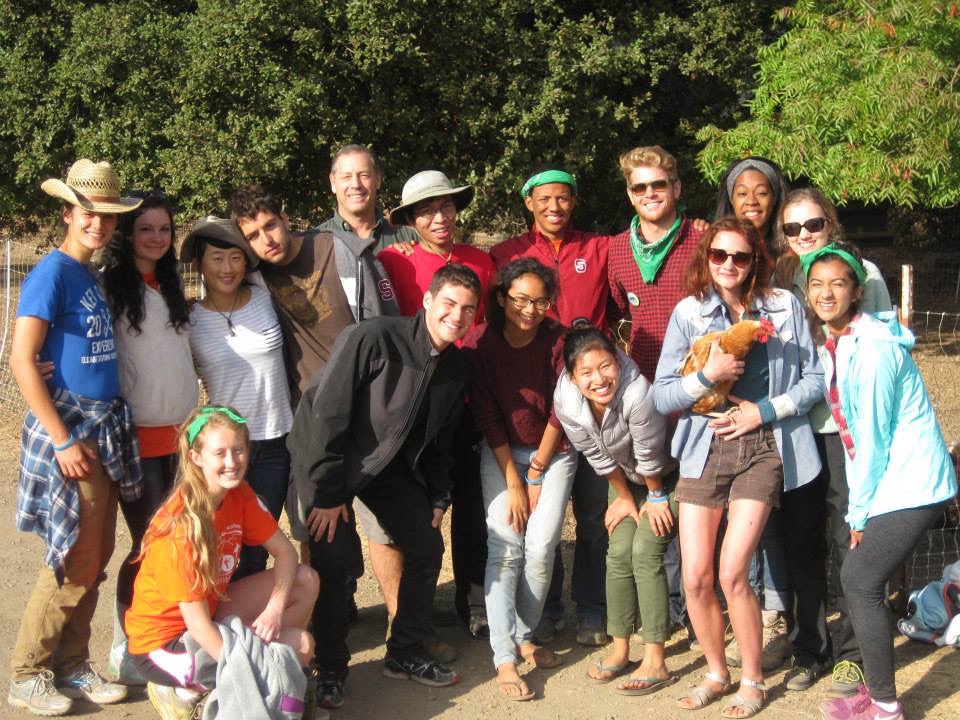Category: Health

From heart to heart and hut to hut
By Apurva Khedagi, ’15 (Human Biology)
During my Haas Center fellowship I worked alongside the NGO Sneha in the Kandivali slums, leading group meetings on preventable diseases. Together with the Kandivali women, we developed simple solutions.
As I helped women make hairpins and played with their babies, I grew close to them. Due to these relationships, my fellowship’s goals were easier to accomplish. We discussed ways to take utmost advantage of their current health care resources and devised measures they could implement to address preventable diseases. We displayed those innovative, simple solutions on posters across the slum alleys. I saw that if given the chance, all individuals possess power to take responsibility for their own health.
My relationships with the women and my drive to remedy malnutrition led me to return to Mumbai this year to tackle this issue through a research intervention project, the UAR Senior Synthesis. Now, as I pursue a career in medicine, I cannot wait to continue on this learning journey.

Fighting silence, ending stigma
By Nikita Desai, ’15 (Science, Technology, & Society)
During my freshman year, as a member of Stanford Peace of Mind (SPoM), I saw students boldly share their struggles with mental illness at panels in dorms and residences across campus. I was struck by the cathartic effect of opening up in a way they otherwise never would have felt comfortable doing. Even more astounding was the manner in which the speakers’ exposure of their vulnerabilities inspired so many others to speak out and share similar stories of their own.
Recognizing the importance of supporting mental health on campus for the well-being of all students, I agreed to lead SPoM in my sophomore year. We worked to revitalize our dorm panel series, learned about the findings of the Provost’s Student Mental Health and Well-Being Task Force from Senior Associate Dean for Religious Life Rabbi Patricia Karlin-Neumann, and hosted Stanford alumnus and acclaimed film director, producer and writer Jay Roach, ’80, to share his personal experience with depression.
Almost one in four Americans suffer from mental illness. My SPoM experience has shown me that Stanford students are no exception, and my work this year to support student mental health on campus through the ASSU Executive has revealed that open dialogue is the key to securing mental well-being – now for Stanford students, soon for all Americans, and, eventually, for the world.

Food for filling
By Maria Deloso, ’15 (Earth Systems)
Growing food has an enormous impact on the environment, as around 40 percent of the world’s land goes toward agriculture. At the same time, obesity is a rising issue globally, partially as a result of more readily available cheap and unhealthy food options. When I began studying conventional and alternative food production systems, as well as what healthier meals might look like, it seemed to me that if people knew what was better for them and had the resources to do so, they would change for the better. However, this view failed to include issues of income inequality, racism, class, and worker and animal welfare.
While interning at the U.S. Department of Agriculture I was able to see the anti-hunger programs at work serving free government-subsidized meals to children in East Menlo Park. It was surprising to see that, even in Silicon Valley, some families were unaware of Federal food programs and others were sometimes unsure where their next meal would come from.
I ended up co-leading a Haas-sponsored Stanford Pre-Orientation Trip (SPOT) for incoming freshmen called, “Food and Social Justice.” Some of the trip’s activities included visiting a food justice organization planting community gardens and comparing two farmers’ markets targeting customers from differing socio-economic backgrounds, all while camping on a small, organic farm. It excited me to watch the SPOTlets engage with each experience and ask questions that I never knew to ask when starting out as a freshman. In addition, the SPOT trip gave me a space to continue reflecting on the many intersections between food and social justice and trying to better engage with my own privileged background — a constantly evolving process.
